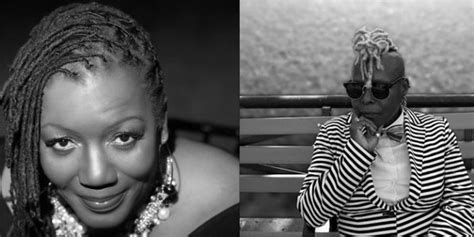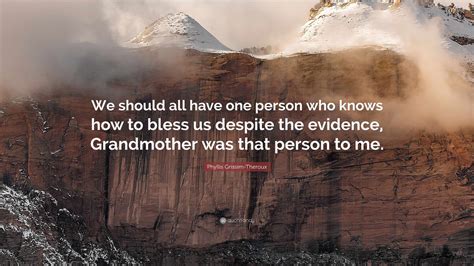A Quote by Emma Goldman
It requires something more than personal experience to gain a philosophy or point of view from any specific event. It is the quality of our response to the event and our capacity to enter into the lives of others that help us to make their lives and experiences our own. In my own case my convictions have derived and developed from events in the lives of others as well as from my own experience. What I have seen meted out to others by authority and repression, economic and political, transcends anything I myself may have endured.
Quote Topics
Any
Anything
Authority
Capacity
Case
Convictions
Derived
Developed
Economic
Endured
Enter
Event
Events
Experience
Experiences
Gain
Help
Lives
Lives Of Others
Make
May
More
My Own
Myself
Others
Our
Out
Own
Personal
Personal Experience
Philosophy
Point
Point Of View
Political
Quality
Repression
Requires
Response
Seen
Something
Specific
Than
Transcends
Us
View
Well
Related Quotes
We know that global capitalism, and the commercially driven culture that comes with it, can be a powerful solvent, but many of us who benefit from it economically can regret the effect it has on our own lives as well as on the lives of others, and we should not view ourselves as helpless in the face of an irresistible force, especially since we may very well be complicit. We should be prepared to help others or to leave them be to sustain their cultures if we judge that they are of intrinsic value or of value to their members.
The misfortune of others is our misfortune. Our happiness is the happiness of others. To see ourselves in others and feel an inner oneness and sense of unity with them represents a fundamental revolution in the way we view and live our lives. Therefore, discriminating against another person is the same as discriminating against oneself. When we hurt another, we are hurting ourselves. And when we respect others, we respect and elevate our own lives as well.
To conclude this discussion, assessment of justice demands engagement with the 'eyes of mankind',first, because we may variously identify with the others elsewhere and not just with our local community;second, because our choices and actions may affect the lives of others far as well as near;and third,because what they see from their respective perspective of history and geography may help us to overcome our own parochialism.
According
to my own experience, the highest level of inner calm comes from the
development of love and compassion. The more concerned we are with the
happiness of others, the more we increase our own well-being.
Friendliness and warmth towards others allow us to relax and help us to
dispel any sense of fear or insecurity so we can overcome whatever
obstacles we face.
Writers are given the responsibility of sight. I think that the whole burden, responsibility and beauty of the gift forces us to construct our lives differently so that we are able to become vehicles to transcend, to encompass and articulate not only our own experience but the experiences of others.
Peace is not just the absence of war, it is the active presence of a capacity for love and compassion, and reciprocity. It is an awareness that our lives are not to be lived simply for ourselves through expressing our individuality, but we confirm the purpose of our lives through the work of expressing our shared sense of community in a purposeful and practical way; to sustain our own lives we sustain the lives of others - in family, in a community of neighborhoods called a city, and in a community of nations called the world.
However good we are, however correctly we seek to lead our lives, tragedies do occur. We can blame others, look for justification, imagine how our lives would have been different without them. But none of that matters: they have happened, and that is that. From this point on, it is necessary that we review our own lives, overcome fear, and begin the process of reconstruction.
Truth, acceptance of the truth, is a shattering experience. It shatters the binding shroud of culture trance. It rips apart smugness, arrogance, superiority, and self-importance. It requires acknowledgment of responsibility for the nature and quality of each of our own lives, our own inner lives as well as the life of the world. Truth, inwardly accepted, humbling truth, makes one vulnerable. You can't be right, self-righteous, and truthful at the same time.



































